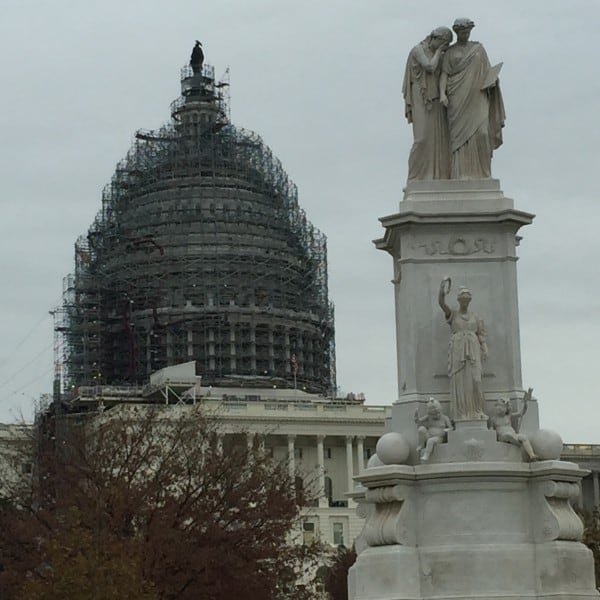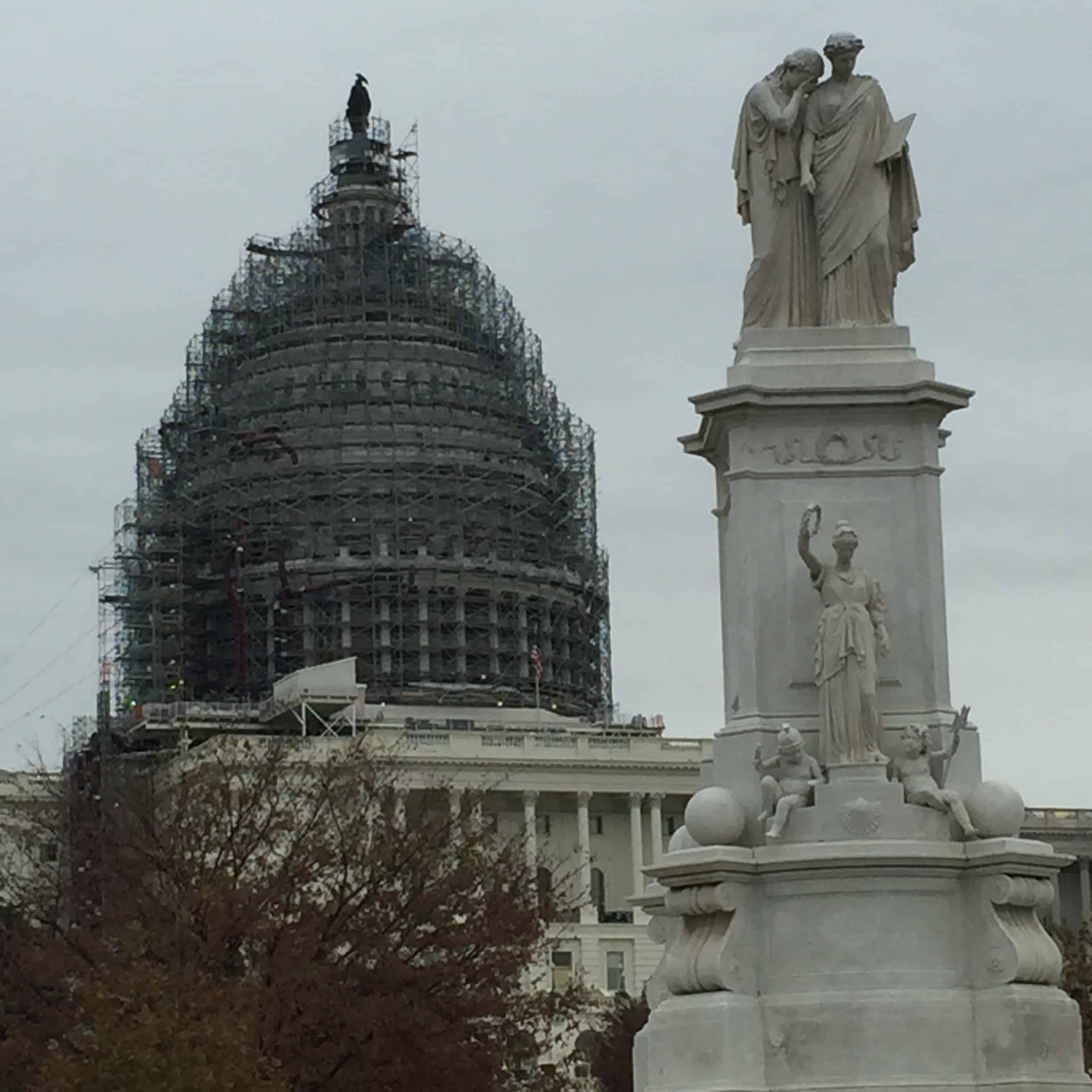
Watching President Obama’s State of the Union took me back to 2008.
This final State of the Union address was vintage Obama. He envisioned a hopeful politics directed toward the future, a future that is less partisan and more democratic than today. Obama wants that future to be guided by four questions:
- First, how do we give everyone a fair shot at opportunity and security in this new economy?
- Second, how do we make technology work for us, especially when it comes to solving urgent challenges like climate change?
- Third, how do we keep America safe and lead the world without becoming its policeman?
- And finally, how can we make our politics draw out the best in us, and not the worst?
This fourth question is not just about specific policies advanced by our government, but how we govern in the first place. Obama was elected with great hopes for a “post-partisan” politics: a hope-filled desire to govern with reason and goodwill rather than from a posture of fear and division. Inspired by this hope, Obama is at his best when he seeks to build consensus, because it allows him to draw all Americans into the project of governing.
When he says “we,” he is talking about each of us.
All this sounds very much like the Obama we got to know in 2008, whose promise of hope and change inspired so many. And that’s the problem. It’s 2016. What has come of that hope and change he promised?
The point isn’t that Obama has failed, nor that we should blame Obama for the disappointments of the past seven years. Nor should we blame the GOP for everything (nor scapegoat Donald Trump for that matter, who is surely more of a symptom than a cause of our present condition).
The fact is that while everyone in Washington has been talking about polarization for the past seven years, little has changed for the better. And when I hear Obama call for unity, without a clear course for reaching unity…no one in D.C. seems to know how to attain it.
To take the most obvious example, Obama in 2008 urged us toward common goals and consensus. He makes that same point now in 2016:
The future we want — opportunity and security for our families; a rising standard of living and a sustainable, peaceful planet for our kids — all that is within our reach. But it will only happen if we work together. It will only happen if we can have rational, constructive debates.
It is hard to disagree with these aspirations. The trouble is: how do we get there? How are we to achieve “rational, constructive debates”? Presumably partisans of all stripes can agree that Obama’s first three questions (improving the economy, harnessing technology, bolstering American safety) are important ones to ask. The questions are not the problem, but how different political elites attempt to answer. They disagree on how we balance our values when they come into conflict: which takes primacy, liberty or security? Equality or freedom? They disagree, in short, on how they should answer the fourth question.
And so I submit that this fourth question is really the first, and perhaps only, question that should concern us in the present moment: how can politics draw out the best in us? In the SOTU, Obama admits that he has not achieved his hopes:
It’s one of the few regrets of my presidency — that the rancor and suspicion between the parties has gotten worse instead of better. There’s no doubt a president with the gifts of Lincoln or Roosevelt might have better bridged the divide, and I guarantee I’ll keep trying to be better so long as I hold this office.
Of course, the most intractable polarization is among our political leadership. The American people are not nearly so divided. And so in one of the great rhetorical moves of the address, Obama signals that the American people themselves must lead this charge toward change:
Changes in our political process — in not just who gets elected but how they get elected — that will only happen when the American people demand it. It will depend on you. That’s what’s meant by a government of, by, and for the people.
Perhaps that really is it. Change is not going to come from D.C., but from the people. This might not be encouraging news, however, given the limited success of groups like the Tea Party or Occupy movements. We should acknowledge too that change is going to be slow, that expectations need to be moderate, and that no one person can do it all.
In all of this, however, I think there is cause for some hope. It’s not every day that a sitting president admits to a regret of his administration. It’s not every day, either, that the response of the opposition party to the State of the Union (by Gov. Nikki Haley of South Carolina) includes a similar admission:
We as Republicans need to own that truth. We need to recognize our contributions to the erosion of the public trust in America’s leadership. We need to accept that we’ve played a role in how and why our government is broken.
And then we need to fix it.
The foundation that has made America that last, best hope on earth hasn’t gone anywhere. It still exists. It is up to us to return to it.
Nikki Haley and Obama probably don’t agree on much…but they do meet on the road of contrition. Polarization and rancor in our politics will not soon be solved by offering oneself as the perfect solution to the country’s problems, but by humbly admitting the ways that political elites have caused those problems. And a newly empowered American people should be ready to accept these apologies — and to pay careful attention as we draw closer to November.
–//–
Title Image coutesy of author.


